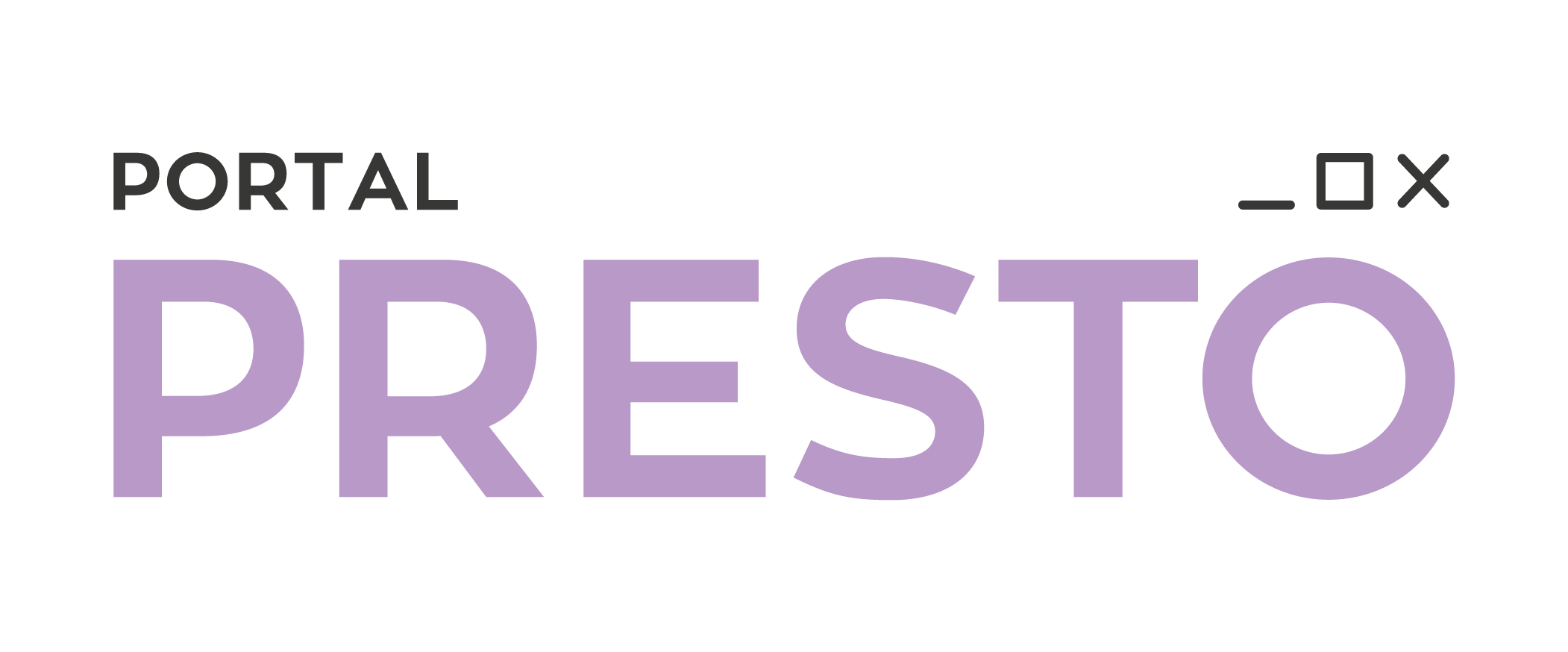KFF: Hollywood is Polish! [interview with Paweł Ferdek]
Hollywood was created by Polish Jews. The cinematograph was invented by a Pole. The first cinemas were founded by a Pole, too. Samuel Goldwyn and the Warner brothers were Poles, just like Pola Negri. The book “Pollywood” by Andrzej Krakowski became an inspiration for the author of the document under the same title, who decided to go on a trip to fulfill his own American Dream. Maja Baczyńska talks to Paweł Ferdek.
“Pollywood” received a distinction in the Polish Competition at the 60th Krakow Film Festival, that celebrated its jubilee online, because of the pandemic. What opinions about your film prevailed after the festival? Have you had the opportunity to talk to jurors and viewers?
I must admit that the majority were enthusiastic
Didn’t you miss the cinema screenings? Then, one can hear and see the reactions of the viewers, the comments are spontaneous... Although again, they might not always be as honest, as they happen to be in the Internet.
Of course, I was hoping for a screening, which would be a shared experience: for myself, for my team and for the audience. Nevertheless, the form of an online show was warmly received, because people were happy that even in such a difficult time, it proved to be possible to do such a thing.
The jury's reasoning stated that the distinction was awarded for: A colorful journey into the land of film dreams and the hope that everything is possible. Personally, I think your film is not so optimistic. On the one hand, we hear that the most important thing is not to give up one’s own dreams, on the other hand, the times of the moguls, i.e. the people of success, the Polish Jews from the Vistula River, the ones who were founding Hollywood, are over. It is not easy to start a career from scratch on the American soil. It is so different than a century ago...
Then, indeed, the game was a high stakes one. The film industry was just starting, those people were pioneers, and it was a lucky moment.
And above all, they were fighting, sometimes in a very clever way, for survival...
Now, the market is extremely saturated, the competition is enormous. On the spot in LA, my feelings were, that just some crumbs were left from all that, what was once. But during the filming, my perspective was changing. I have understood that what is outside is not what matters, but what you have inside you. You just have to do your own thing, using the infrastructure that has already been built and works.
Well, the routes have already been paved, we know some mechanisms and tools. Do you find inside you any features in common with the moguls, or on the contrary, you are so different? I mean, from the purely human side, I do not ask about the professional path, of course, today, the context of the film industry is different.
It seems to me that, in general, people who get involved in making movies are endowed with some specific features, and are more willing to take risk than others. Although, what is important is that the moguls were producers, and I am a director, so the analogy is not direct. What connects us is the spirit of adventure, the desperation and desire to create space.
You have immersed yourself deeply in your film, you are also its hero. This decision did not come right away? It is not easy to be both behind and in front of the camera at the same time…
I came to the conclusion that I do not want to make a strictly historical film. I was attracted by the energy of the people I talked about. I wanted to make an adventure movie in the spirit of the road cinema. I had myself at my disposal. At first, I thought that I would only lead the viewer into the world of America, and suddenly, to my surprise, I discovered that I had to become a hero. I have never played such a role before. And in this case, the role was double in addition, because I had to direct the whole thing. It was a breakneck task: to do well in front of the camera, and to be a competent director.
And to do not only well in each of these roles, but also natural! Being a hero, it is good to forget about the camera, and you could not forget about it, you had in your mind that you were filming, and that you needed to make decisions just on a regular basis. I admire it. Has this production changed anything in your view of the cinema and in your professional situation?
I certainly learned a lot by making this film, because it was a very difficult one to make, especially when it comes to its form. Also, this movie gave me awareness of how broadly projects can be planned.
And how did you receive the United States during your next trips?
My attitude towards the US changed. Earlier, I had the idea of Los Angeles and the whole of California, which were shaped in me by: the cinema, music, culture and pop culture... I thought that people from there were haughty. However, once I got into some social circles, my interlocutors turned out to be approachable and friendly.
Do you keep in touch online?
With some we do, but what we are waiting for is the American premiere of the film...
(translated by Władysław Rokiciński)

